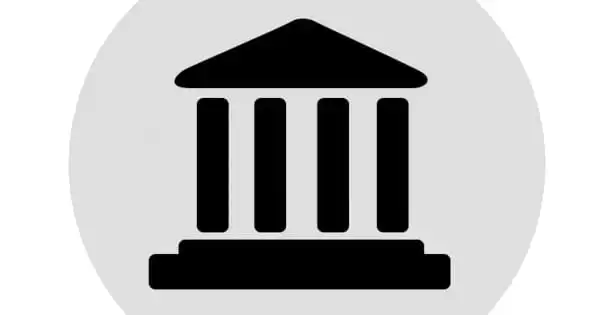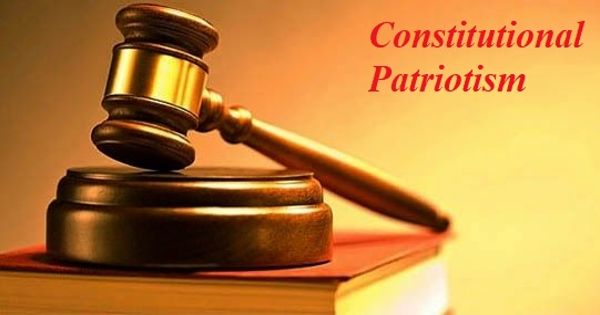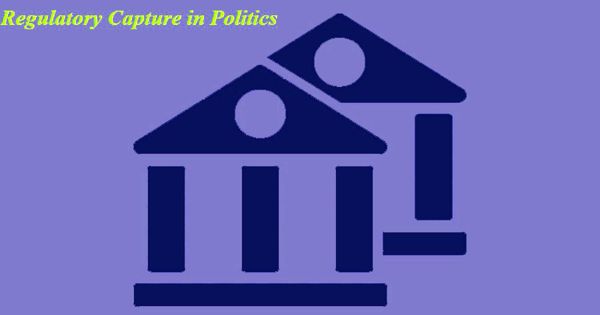A regulatory agency is a government agency or body that has authority over a specific field of activity. These agencies may be part of a government arm or independent entities with statutory (legal) authority. Regulatory agencies are responsible for enforcing specific areas of legislation, developing regulations and rules, and imposing penalties for noncompliance.
Regulatory agencies operate independently of direct executive supervision. Because the regulations they adopt have the force of law, part of their function is essentially legislative; however, because they may also conduct hearings and pass judgments on adherence to their regulations, they also exercise a judicial function—often before a quasi-judicial official known as an administrative law judge, who is not part of the court system.
These are typically established to strengthen safety and standards, and/or to protect the public/federal from unethical business practices in markets where there is a lack of effective competition or the potential for undue monopoly exercise. An autarchic supervisory agency’ is a monitoring agency that operates independently of other branches or arms of government.
The Food and Drug Administration in the United States, the Medicines and Healthcare products Regulatory Agency in the United Kingdom, and, in the case of economic regulation, the Office of Gas and Electricity Markets and the Telecom Regulatory Authority in India are examples of regulatory agencies that enforce standards.
Regulatory agencies are administered through a commission system, and their terms of office are fixed and frequently very long. Members of the Federal Reserve Board, for example, serve for 14 years. The president appoints regulatory agency commissioners, but their terms are staggered so that no single president can drastically change the nature of the agency by appointing multiple commissioners.
Regulatory agencies are generally part of the executive branch of government and have statutory authority to carry out their functions under the supervision of the legislative branch. Their actions are frequently subject to legal scrutiny. When the area in which they specialize is particularly complicated and there is a need for rapid response times as well as the elimination of political interference, independent regulatory agencies are required.
Administrative law, regulatory law, secondary legislation, and rulemaking are all dealt with by regulatory agencies (codifying and enforcing rules and regulations and imposing supervision or oversight for the benefit of the public at large). The complexity of certain regulatory and directorial tasks, as well as the disadvantages of political interference, justify the existence of independent regulatory agencies.
Some independent regulatory agencies conduct investigations or audits, while others may fine the parties involved and order specific measures. In some cases, a company or organization must obtain a license to operate from the sector regulator before entering an industry. This license will specify the terms under which companies or organizations in the industry must operate.
















